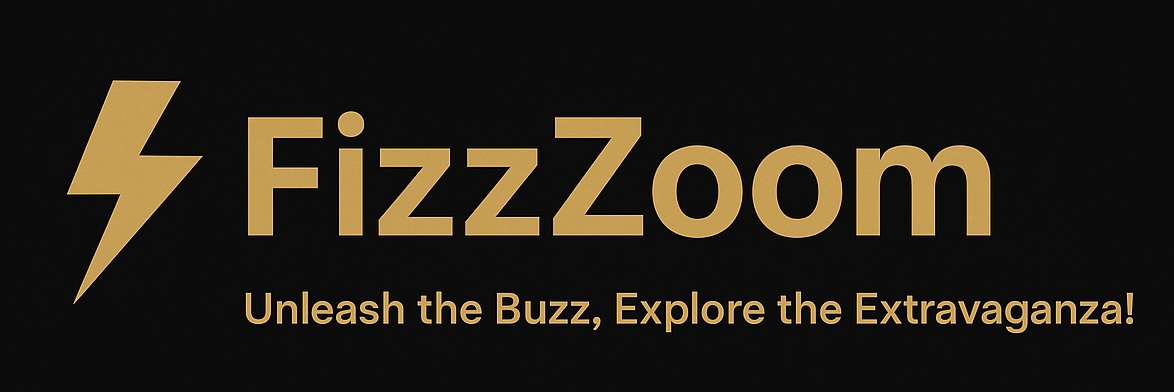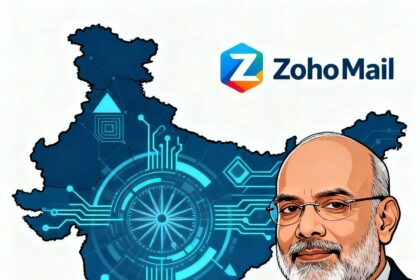In a sweeping move, Nepal has banned 26 major social media and communication platforms, including YouTube, Instagram, Reddit, Facebook, WhatsApp, and X (formerly Twitter), effective from September 5, 2025. The decision follows a government mandate requiring all domestic and foreign online platforms to register with the Ministry of Communications and Information Technology before operating in the country. The move aims to tighten regulatory oversight and curb cybercrime, misinformation, and online hate speech but has sparked widespread debate and concern among users and rights groups.
The Nepal Telecommunications Authority (NTA) was instructed to disable access to these unregistered platforms after they failed to comply with a seven-day registration deadline issued on August 28. According to a government notice, “The Honourable Supreme Court issued a directive for mandatory registration of all social media platforms, and failure to comply results in suspension.” Platforms like TikTok, Viber, and a few others that completed registration remain operational, but giants such as Meta’s Facebook, Instagram, and WhatsApp, Alphabet’s YouTube, and X were abruptly blocked.

Communications Minister Prithvi Subba Gurung emphasized that ample time and repeated notices were provided to the companies, but they ignored compliance demands. “This is a necessary step to ensure transparency, accountability, and to regulate content harmful to public safety,” said Gurung during a press briefing. The ban causes disruption for millions of Nepalese who rely on these platforms for social connection, business communication, and entertainment, including diaspora communities heavily dependent on apps like WhatsApp and Facebook to connect with families abroad.
The ban has triggered significant user backlash and anxiety, with many taking to remaining available apps such as Viber and exploring VPN services as workarounds. Critics argue the ban threatens freedom of expression and access to information in the digital age. Rights groups warn it could pave the way for increased censorship under the guise of regulation.
As ISPs prepare to enforce the platform shutdown technically, the Nepal government faces a delicate balancing act between national security interests and digital rights advocacy. The situation remains fluid, with possible negotiations underway between government officials and platform representatives.
Nepal’s social media blackout highlights increasing global tensions over digital sovereignty, platform regulation, and user rights—issues that countries worldwide continue to wrestle with in an era dominated by social media dependence.







